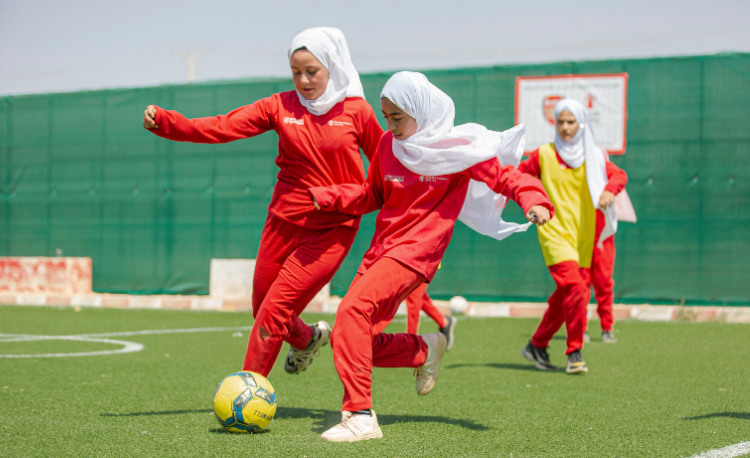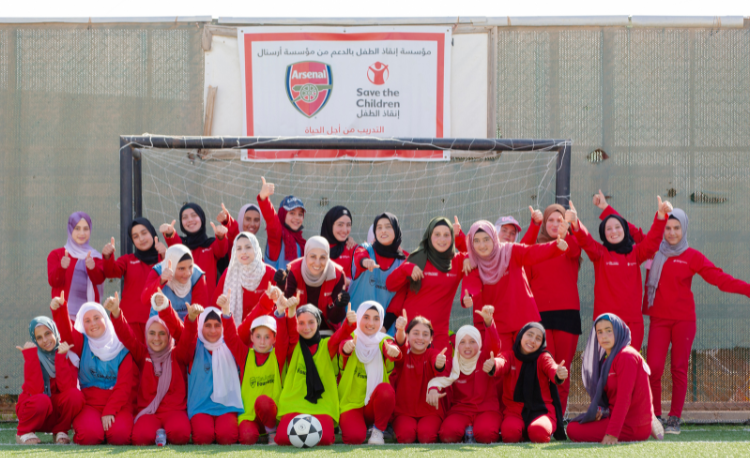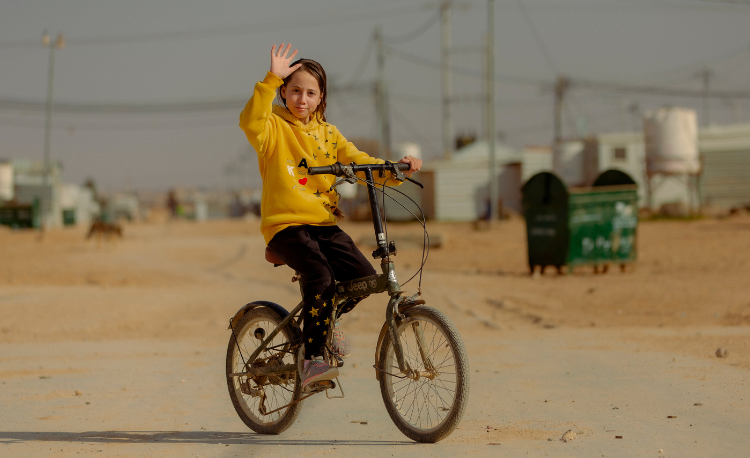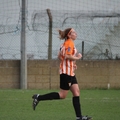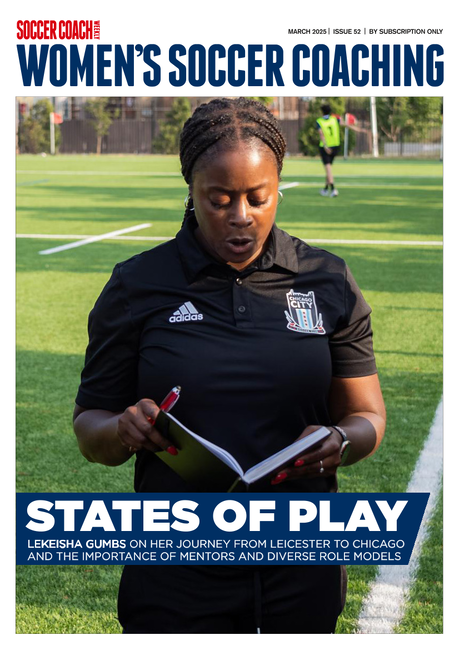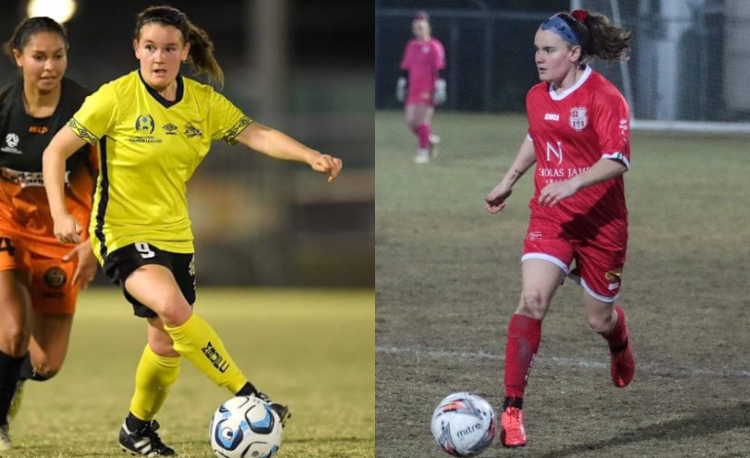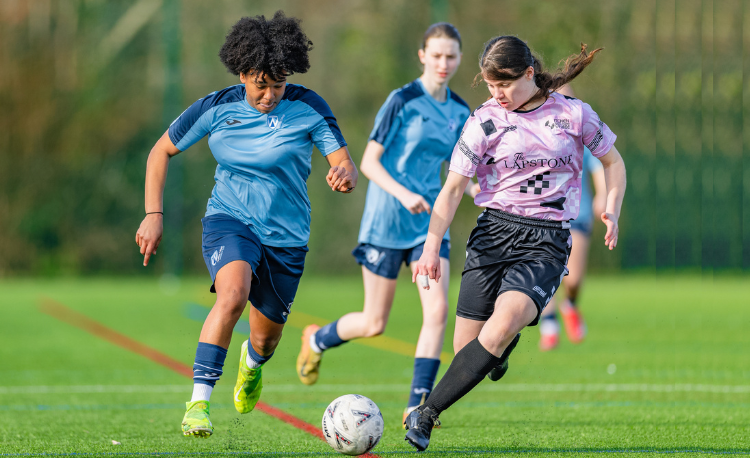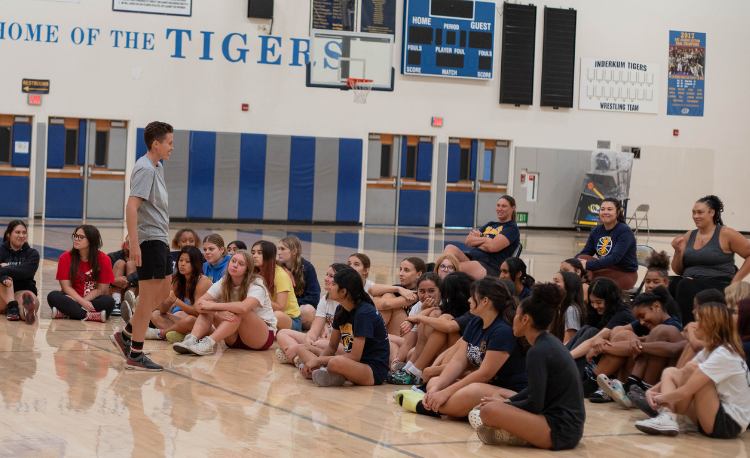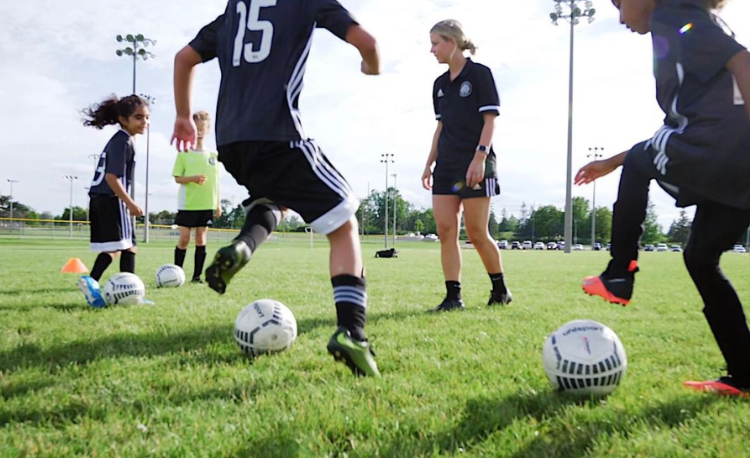You are viewing
1 of your 3 free articles
Coaching for Life: Revitilising the lives of young refugees
Thousands of girls fleeing conflict have learned soccer and life skills, in a project run by Save The Children and the Arsenal Foundation.
A project established by Save the Children and the Arsenal Foundation, at one of the world’s largest refugee camps, has engaged more than 2,500 girls in soccer and resilience-building.
The Za’atari camp in Jordan is home to tens of thousands of people fleeing conflict in Syria.
The Coaching For Life project has been life-changing for many young women, and even provided some with the opportunity to meet the Arsenal defender, and England captain, Leah Williamson, a long-time supporter of the scheme.
WSC spoke to Rana Sabha, programme manager at Save the Children Jordan, to find out more...
WSC: Tell us about Coaching for Life...
RS: Coaching for Life was set up in 2018 by Save the Children and The Arsenal Foundation.
We combined our expertise to create a unique programme which uses the power of football to create a sense of belonging and to improve the physical, mental and emotional wellbeing of children and their families affected by the war in Syria.
We knew that by bringing together 100 years of Save the Children’s child protection expertise, and 40 years of Arsenal in the Community’s Sports for Development experience, we could have a much greater joint impact on children’s lives.
WSC: Who is it aimed at and how have you gone about reaching these people?
RS: Coaching for Life is aimed at children aged 10-18, in the Za’atari refugee camp in Jordan.
Since the start of the conflict in Syria in 2011, there has been a mass displacement of Syrian refugees into Jordan, leading to the creation of one of the largest refugee camps in the world, known as Za’atari. Today it’s home to more than 77, 000 Syrian refugees.
Save the Children and Arsenal together built five football pitches in the camp so that we could carry out our programme.
WSC: Why is it so important to have this dedicated programme available to them?
RS: We know that it’s so important for children who have been exposed to conflicts and trauma to have safe spaces to go to and the guidance of trusted role models.
It’s particularly crucial for girls, as we aim for the skills taught in the programme – to both boys and girls – to be able to influence broader societal change.
The children in the camp face a variety of challenges, including gender-based violence, dropping out from school and child marriage.
WSC: What does the programme involve?
RS: The programme consists of a 20-week cycle of football mini-leagues and resilience-building sessions.
These latter sessions aim to enhance children’s resilience to challenges in their daily life. They cover six key topics: identity, emotions, communication skills, interpersonal relationships, conflict management, and decision-making.
Participants will engage in activities both on the pitch and in a classroom setting.
In line with our gender-transformative approach, modules were developed and designed to address these six topics while also tackling deep-rooted stereotypes. This ensures that children in the camp benefit from sustainable change.
A vital aspect of this approach is engaging men and boys in discussions about positive masculinity and the challenges young girls face within the camp.
We also train local Syrian coaches, both male and female, who introduce the sessions for the children and equip them with knowledge and skills needed to help the children.
So far, we’ve trained 48 Syrian coaches, including 36 former participants, as well as five junior coaches, who were previous participants.
The coaching development programme (CDP) coaches, and the project lead from Arsenal FC, also travel once a year to Jordan to train the local Syrian coaches.
WSC: How many girls have been involved so far?
RS: More than 5,000 children have participated in Coaching for Life to date, and, since the start of the programme, girls’ participation has doubled.
We are extremely proud to say we now have a total of 2,548 girls who have participated in, and graduated from, Coaching for Life.
We have ensured that girls feel safe to participate in the programme by creating female-only football pitches, which are covered for privacy, and have recruited female coaches to deliver the programme at girls-only centres.
In addition, we have ensured the programme works around the girls’ school hours in the camp, so they can continue their vital education.
Related Files
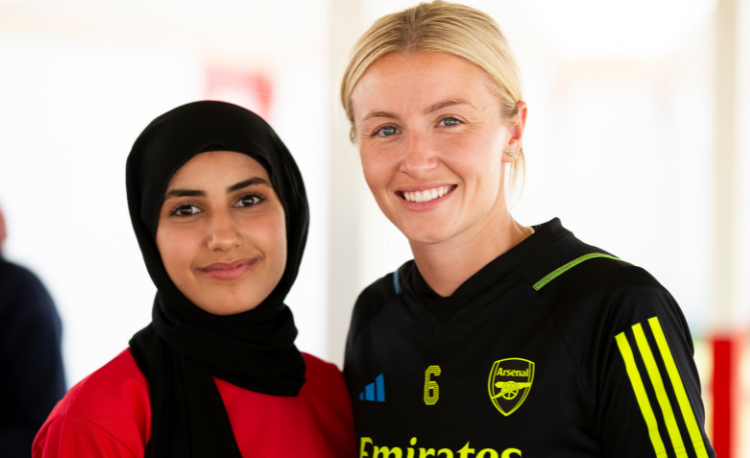
WSC: What did it mean to you to have Arsenal and England’s Leah Williamson visit the camp?
RS: Our connection with Leah and the club is incredibly special to us. She has been involved in Coaching for Life since it started, and visited the camp last year for the first time.
For her to visit us, and then lift the voices of our young girls and boys at the camp when she spoke at the United Nations a few weeks later, brought us all pride and inspiration.
She spoke on behalf of us all, and it is really powerful to have our voices on that platform.
WSC: What benefits has the programme given participants and what has the feedback been like?
RS: In the seventh year in the Za’atari refugee camp, we have gathered substantial evidence that our collaborative approach empowers children to build confidence, establish trusted relationships with adults and peers, and advocate for their rights, enabling them to influence decisions that affect their lives.
We have heard from previous and current participants of the Coaching For Life programme that it has created a sense of belonging for them, and delivered improvements to both their physical and emotional wellbeing.
They have fed back that they felt safe and listened to. For girls, in particular, the programme has improved their confidence and ability to speak out.
I have also heard boys say that they have become less aggressive as a result of our gender sessions.
WSC: What are the future plans for the programme?
RS: We’re now focused on how to continue to make Coaching for Life even more sustainable and empowering for the local community.
As demand increases, we’ll continue to look at how we can adapt our programme to ensure all modules remain effective to deliver lasting change and meaningful impact.
We’ll also be continuing to build on our gender-transformative approach to help girls achieve their goals on and off the pitch.
case study: ’I feel full of energy and life’
Thirteen-year-old Jana* and her family fled conflict in Syria and have been living in the Za’atari refugee camp in Jordan for 10 years.
Reflecting on her experience participating in Coaching for Life, Jana said: "I use my bike to visit the Coaching for Life centre.
"I love to ride my bike and I play football once a week. I’m waiting for this day to come every week.
"In the past, I had no friends, but now I have a lot of them. This is one of my favourite things about the programme.
"When I play football, I feel active, full of energy and life."
*not her real name
Newsletter Sign Up
Newsletter Sign Up
Discover the simple way to become a more effective, more successful soccer coach
In a recent survey 89% of subscribers said Women's Soccer Coaching makes them more confident, 91% said Women's Soccer Coaching makes them a more effective coach and 93% said Women's Soccer Coaching makes them more inspired.
*includes 3 coaching manuals
Get Inspired
All the latest techniques and approaches
Women's Soccer Coaching offers proven and easy to use soccer drills, coaching sessions, practice plans, small-sided games, warm-ups, training tips and advice.
We've been at the cutting edge of soccer coaching since we launched Soccer Coach Weekly in 2007, creating resources for the grassroots youth coach, following best practice from around the world and insights from the professional game.
